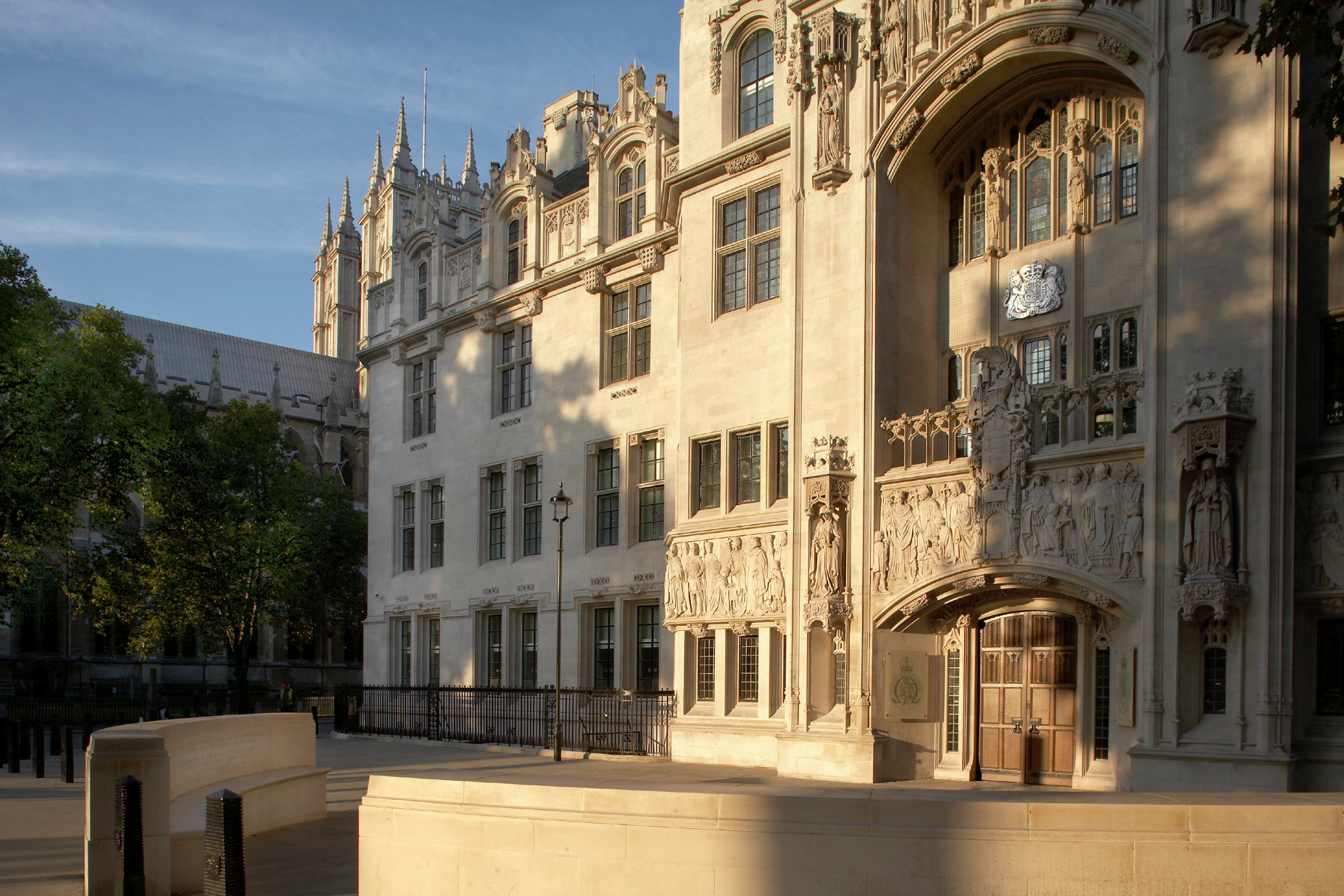MOSCOW, June 14 (RAPSI) - The United Kingdom Supreme Court held Wednesday that the English courts have jurisdiction to restrain foreign proceedings that would violate an arbitration agreement, even where arbitration proceedings are not being pursued.
The appeal arose from a dispute between Ust-Kamenogorsk Hydropower Plant JSC (JSC) and AES Ust-Kamenogorsk Hydropower Plant LLP (AESUK). AESUK operates a hydroelectric plant in Kazakhstan, pursuant to a 25-year concession granted in 1997. JSC is the present owner and grantor of the concession. Originally, the grantee and lessee was JSC’s parent/affiliate company Tau Power BV, and the grantor and owner was the Republic of Kazakhstan.
Although the concession agreement is governed by Kazakh law, it contains an arbitration clause stipulating that any dispute or difference connected with the concession provisions that cannot be resolved through negotiations should be arbitrated in London in accordance with the “Rules of Conciliation and Arbitration of the International Chamber of Commerce [(ICC)].”
In 2004, when the original parties were still in charge, Kazakhstan obtained a judgment from the Kazakh Supreme Court invalidating the arbitration clause.
According to the UK Supreme Court’s judgment, this decision was based on two issues: “that the arbitration agreement included tariff disputes, which would put such disputes beyond the control of the Republic contrary to its public policy; and that the reference in clause 32 to the Rules of the ICC was not a reference to the ICC and left the arbitral body unspecified.”
An English court then held that the Kazakh ruling was not binding upon the parties due to the findings that the tariff disputes fell outside of the arbitration agreement, and that the arbitration clause was plainly sufficient in pointing to the role of the ICC.
Then in 2009 JSC filed suit against AESUK in a Kazakh economic court alleging the failure of the latter to supply information as required by the concession agreement. AESUK moved to dismiss the claim based on the arbitration clause, but the court dismissed AESUK’s application, pointing to the 2004 Kazakh Supreme Court’s decision to invalidate the clause.
AESUK then initiated proceedings in England seeking a declaration of the arbitration clause’s validity and enforceability, as well as an injunction restraining JSC from continuing to pursue its claim in Kazakhstan.
The English court granted an interim injunction. JSC then appealed to the UK Supreme Court, asserting that the English Courts had no jurisdiction in these circumstances.
Thus, the UK Supreme Court considered whether, “if the other forum is a foreign jurisdiction outside the European régime of the Brussels Regulation (EC) No 44/2001 and the Lugano Convention, the English court has any and if so what power to declare that the claim can only properly be brought in arbitration and/or to injunct the continuation or commencement of the foreign proceedings.”
The UK Supreme Court found that arbitration agreements create negative obligations, stipulating – whether explicitly or implicitly – that neither party should commence proceedings outside of the chosen forum.
Considering the Arbitration Act of 1996, the UK Supreme Court reasoned that nothing in its text removed the power of the courts to enforce negative rights.
The UK Supreme Court opined that the power to stay domestic legal proceedings and the power to determine that such are in breach of an arbitration agreement are opposite and complementary issues.
In closing, the court held: “In some cases where foreign proceedings are brought in breach of an arbitration clause or exclusive choice of court agreement, the appropriate course will be to leave it to the foreign court to recognise and enforce the parties' agreement on forum. But in the present case the foreign court has refused to do so, and done this on a basis which the English courts are not bound to recognise and on grounds which are unsustainable under English law which is accepted to govern the arbitration agreement. In these circumstances, there was every reason for the English courts to intervene to protect the prima facie right of AESUK to enforce the negative aspect of its arbitration agreement with JSC.”



